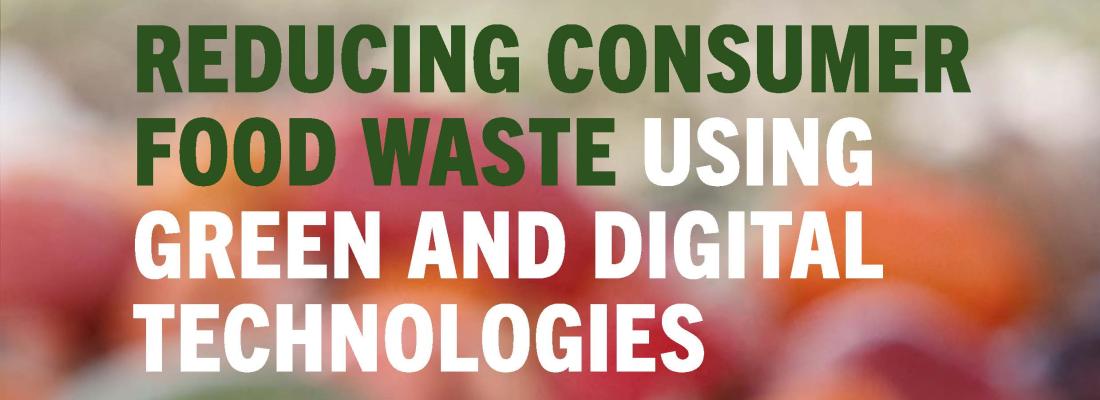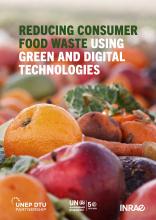Food, Global Health Reading time 2 min
Reducing consumer food waste using green and digital technologies
Published on 26 November 2021


It is estimated that 931 million tonnes of food were wasted by households, retailers, restaurants and other food services in 2019; about 61% of this waste occurs within households. Reducing food waste offers multiple benefits for people and the planet, contributing to improving food security, cutting pollution, saving money, reducing the pressures on nature and climate, and creating opportunities for economy and society.
This report provides an overview of the causes of consumer food waste and the opportunities for reducing it through different means: behavioural change, technological solutions, and public and private initiatives to mitigate the problem. It also aims to improve understanding of how green and digital technologies could be used to reduce consumer food waste and what could be done to further unlock this potential.By combining global research cutting across multiple disciplines with city case studies, the report provides a comprehensive and integrated approach to support countries and cities in combating food waste and in ‘building back better’ a more sustainable economy.
AUTHORS
- Simon Bolwig: Senior Researcher, Department of Technology, Management and Economics, Technology - Transitions and System Innovation, Technical University of Denmark
- Anne Nygaard Tanner: Associate Professor, Department of Technology, Management and Economics, Technology - Transitions and System Innovation, Technical University of Denmark
- Paul Riemann: Programme Associate, Department of Technology, Management and Economics, Technology - Transitions and System Innovation, Technical University of Denmark
- Barbara Redlingshöfer: Research fellow, Action and Transitions Division, INRAE
- Ying Zhang: Associate Programme Officer, Environment and Trade Hub Unit, United Nations Environment Programme
REFERENCE
UNEP DTU Partnership and United Nations Environment Programme (2021). Reducing Consumer Food Waste Using Green and Digital Technologies. Copenhagen and Nairobi. 96 p.
ISBN No: 978-87-93458-06-2.
OTHER DOWNLOADS
